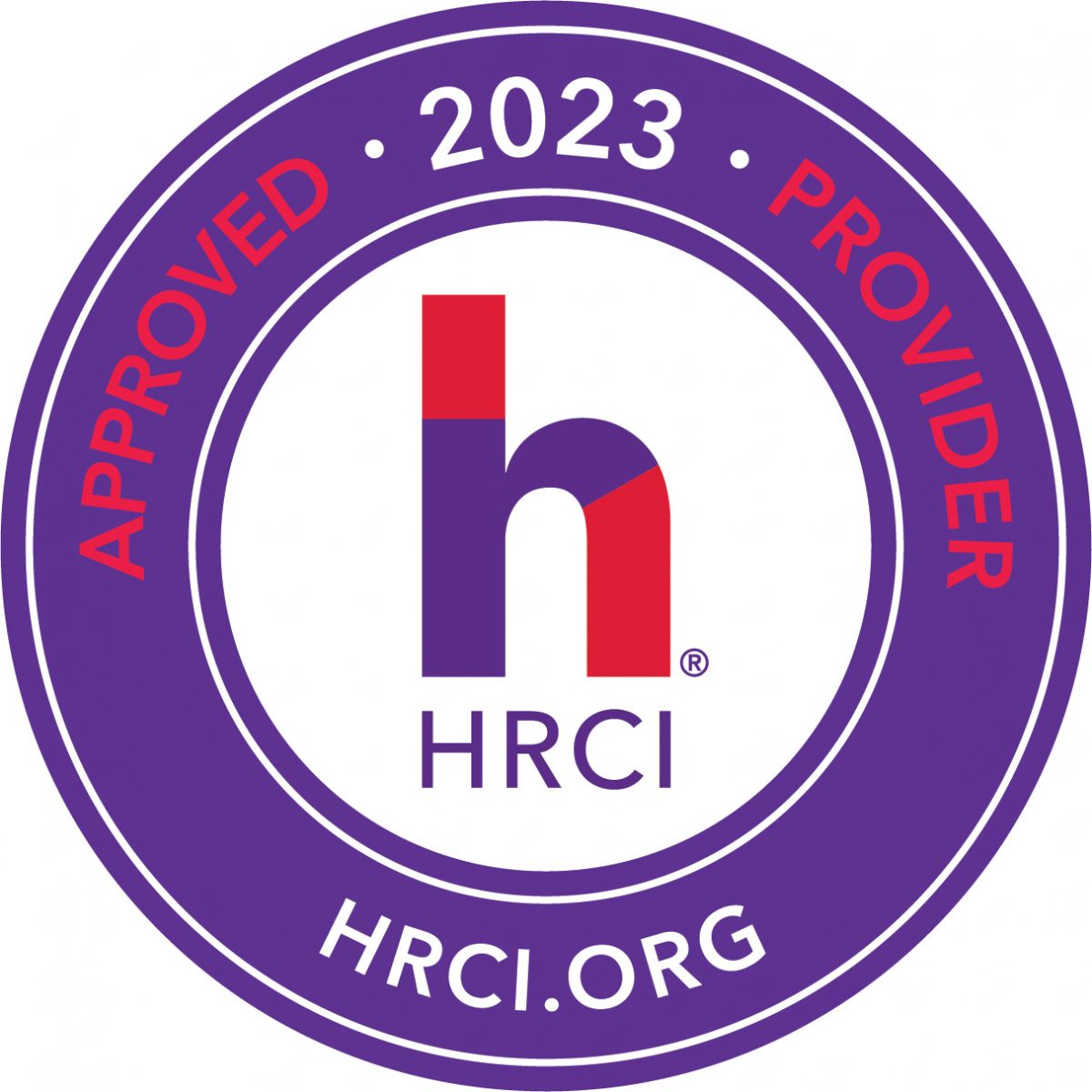Event Details
How to Manage Conflict in the Workplace
| Date: | May 24, 2023, 8:00am – 11:00am |
| Location: | Hampton Inn - Vineland 2134 W. Landis Ave. Vineland, New Jersey, 08360 856-405-0600 7:30 - 8:00 registration 8:00 - 8:30 breakfast 8:30 - 11:00 program |
| Price: | $30 member / $40 non-member / students with ID & Members in-transition $20 |
| Event Type: | Breakfast Roundtable |
| iCal link | Add to Calendar |

Topic: How to Manage Conflict in the Workplace
Conflict appears to be inescapable in the workplace. About 85 percent of US workers have experienced some form of conflict. It's a major issue that needs to be addressed by management.
Unresolved conflict can lead to decreased productivity, increased absenteeism, greater employee turnover, and a variety of other negative outcomes. However, most managers are fearful of managing workplace conflict and seek to avoid it.
But a dispute seldom resolves itself. To be a manager, you must be capable of handling conflict by recognizing it, identifying its root cause, and bringing it to a timely resolution.
Below we discuss strategies to manage conflict in the workplace, but first, let’s take a quick look at some types of workplace conflicts.
Conflict Types and their Underlying Reasons
A common example is the frequent conflicts that arise over the distribution of raises and bonuses. One worker may believe they are entitled to a larger slice of the pie. Do you know if they may be correct? It is up to management to make that decision. Three areas to consider when seeking the underlying reasons for the dispute are:
- Inter-dependence. Disputes happen when one employee's success is dependent on the performance/presence of another.
- Unfortunately, workplace discrimination does happen. You should know that a conflict does not always result from religion or racial differences.
Discrimination can occur based on various factors, including background, way of life, upbringing, and much more. However, for managers, the precise definition is less important than the observed negative effects. - Creative Ideas That Oppose Each Other. It is normal for one person to hold a different point of view from the other. A dispute can emerge when these ideas collide.
Certification credit: This program is approved for 2.5 general recertification credit hours toward PHR, SPHR and GPHR recertification through the HR Certification Institute. Please be sure to note the program ID number on your recertification application form. For more information about certification or recertification, please visit the HR Certification Institute website at www.hrci.org. 
“HRCI has pre-approved this activity for recertification credit toward the aPHR®, PHR®, PHRca®, SPHR®, aPHRi™, PHRi™, GPHR® and SPHRi™ certifications. The content of the activity submitted has met the criteria of the Approved Provider Program.”
 "The Human Resource Assoc. is recognized by SHRM to offer Professional Development Credits (PDCs) for SHRM-CP® or SHRM-SCP® recertification activities.”
"The Human Resource Assoc. is recognized by SHRM to offer Professional Development Credits (PDCs) for SHRM-CP® or SHRM-SCP® recertification activities.”
Approved - 2.5 PDC's

.jpg)



